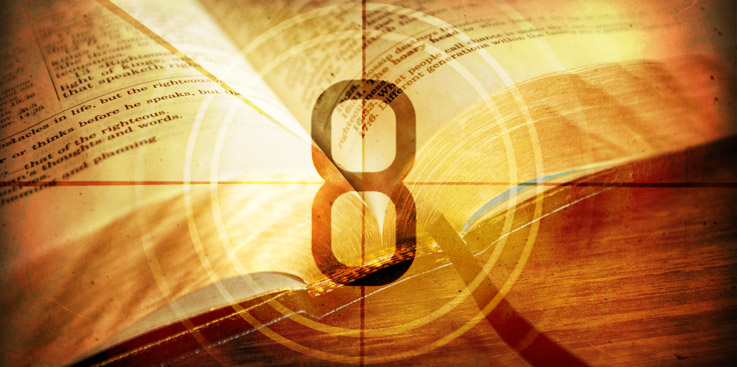In Fr. Charles Erlandson’s article, “What is the Sabbath good for?” he calls for lax Christians to re-examine the Sabbath. He rightfully states, “I want to begin with two basic assumptions, and then work from there. My first assumption is that God has hallowed time and set apart special or holy times. He is the one who created in six days and rested on the seventh day, a principle upon which He established the Sabbath in the Mosaic Law and a principle which He has never revoked.”
But strangely, he then nullifies the very point he’s made by using the word “although.” Note: “God has hallowed the Sabbath, although for the Christian the Sabbath is no longer the 7th day but is now the 8th day or the day of the new creation, the Lord’s Day” (emphasis added). Except, the Bible never speaks of an eighth day being established for worship, neither does it define the Sabbath as a part of the Mosaic Law.
Erlandson then explains, “This is because Sunday, the Lord’s Day, is the Day of the Resurrection. The first Christians worshiped together as the Church on Sunday for this reason, something they’ve been doing for 2000 years.” While Sunday was indeed the day of Christ’s resurrection, it was never set apart as a replacement for the Sabbath of Scripture. Christians have not been commanded in the Bible to honor the resurrection through a switch in worship days. The resurrection is celebrated through the rite of baptism (see Romans 6:3–5).
Second, the Bible repeatedly shows that the first Christians worshiped on the seventh day (see Acts 16:13; 17:2; and 18:4). Not only was Jesus a faithful Sabbath keeper (see Luke 4:16), but Paul kept the seventh day. This famous apostle met to worship God on the Sabbath with a whole city that included Jews and Gentiles (see Acts 13:42–44). Furthermore, the Bible teaches that we will keep the Sabbath in the new heavens and the new earth (see Isaiah 66:22, 23).
Speaking from within Fr. Elandson’s own denomination, Cardinal Gibbons once wrote: “You may read the Bible from Genesis to Revelation and you will not find a single line authorizing the sanctification of Sunday. The Scriptures enforce the religious observance of Saturday, a day which we never sanctify” (Faith of Our Fathers, pp. 111, 112).
In Boston this week, an ecumenical conference will be held to discuss how “to uphold the fundamental commandment to keep holy the Sabbath.” Unfortunately, the same error is being perpetuated over which day is the Lord’s Day. “For Christians,” an online article states, “The Lord’s Day is a special day consecrated to the service and worship of God. It is a unique Christian festival. … On Sunday the Church assembles. … It is the perpetual first day of the new creation.”
Yes, it is time for a re-examination of the Bible Sabbath! Let’s set aside church traditions and ecclesiastical statements and stand on the Word of God—the only sure foundation for understanding the true Sabbath.
Watch The Bride, the Beast & Babylon to learn more!

